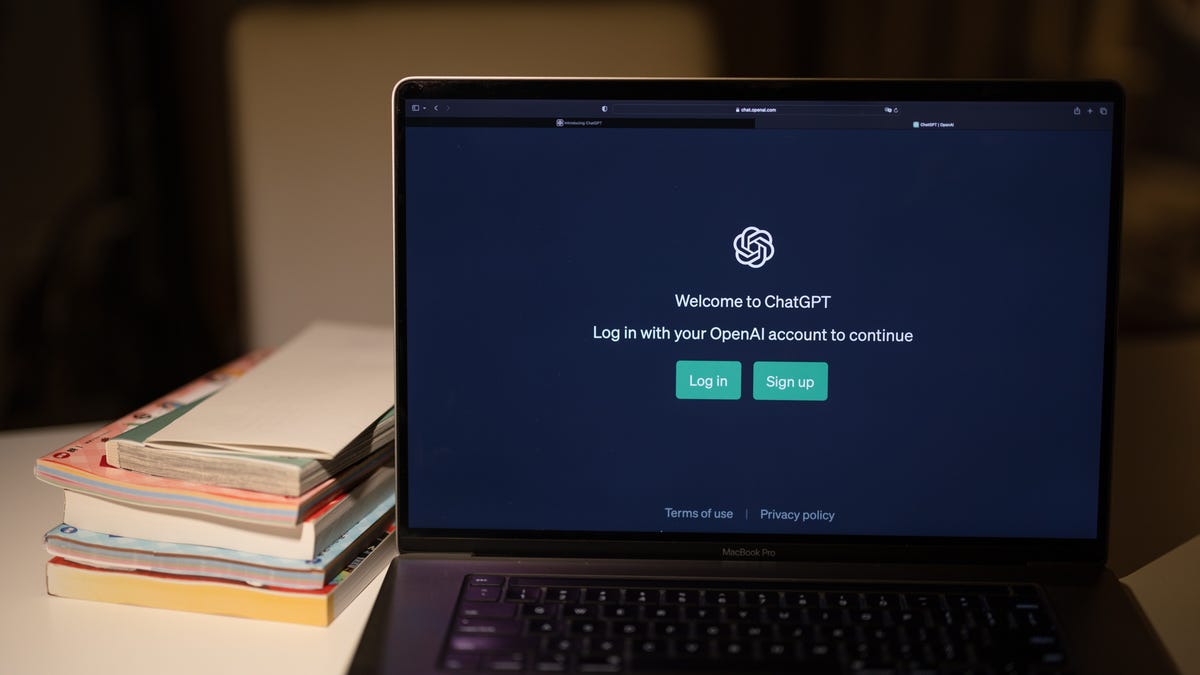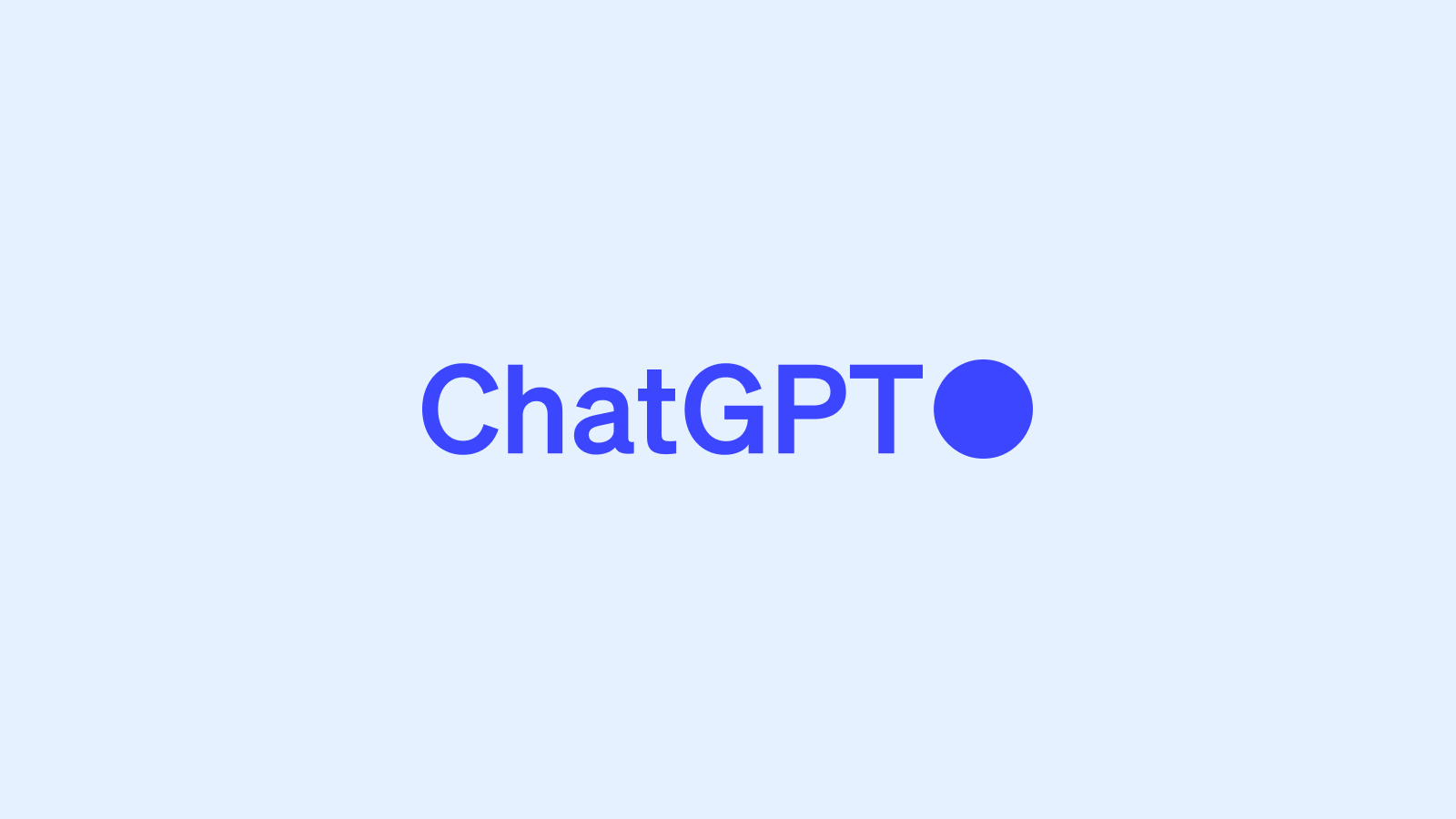Professor accuses students of plagiarism by running papers through chatGPT...

 kotaku.com
kotaku.com

Entire Class Of College Students Almost Failed Over False AI Accusations
A Texas professor used ChatGPT to determine if his student's final papers were written by AI
 kotaku.com
kotaku.com






